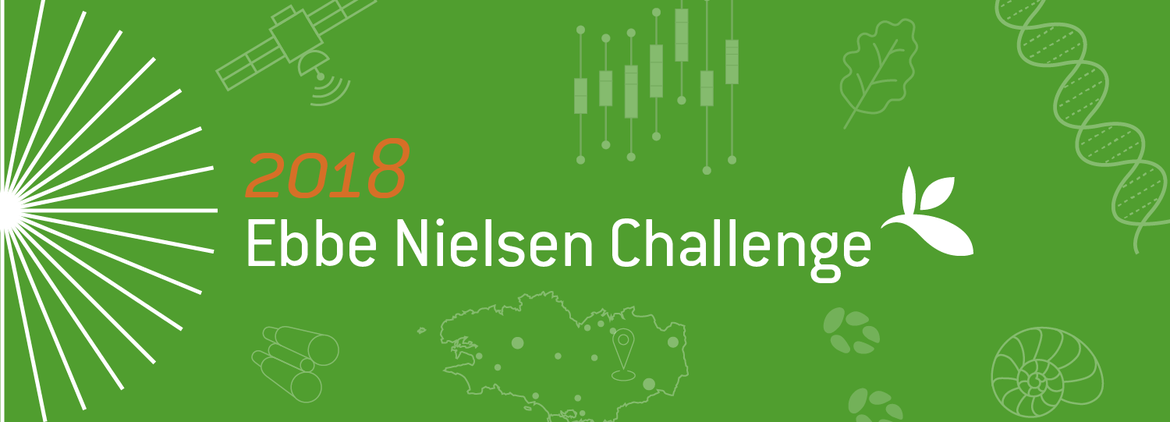 Last year I finished my four-year stint as Chair of the GBIF Science Committee. During that time, partly as a result of my urging, GBIF launched an annual "GBIF Ebbe Nielsen Challenge", and I'm please that this year GBIF is continuing to run the challenge. In 2015 and 2016 the challenge received some great entries.
Last year I finished my four-year stint as Chair of the GBIF Science Committee. During that time, partly as a result of my urging, GBIF launched an annual "GBIF Ebbe Nielsen Challenge", and I'm please that this year GBIF is continuing to run the challenge. In 2015 and 2016 the challenge received some great entries.
Last year's challenge (GBIF Challenge 2017: Liberating species records from open data repositories for scientific discovery and reuse didn't attract quite the same degree of attention, and GBIF quietly didn't make an award. I think part of the problem was that there's a fine balance between having a wide open challenge which attracts all sorts of interesting entries, some a little off the wall (my favourite was GBIF data converted to 3D plastic prints for physical data visualisation) versus a specific topic which might yield one or more tools that could, say, be integrated into the GBIF portal. But if you make it too narrow then you run the risk of getting fewer entries, which is what happened in 2017. Ironically, since the 2017 challenge I've come across work that would have made a great entry, such as a thesis by Ivelize Rocha Bernardo Promoting Interoperability of Biodiversity Spreadsheets via. Purpose Recognition, see also Bernardo, I. R., Borges, M., Baranauskas, M. C. C., & Santanchè, A. (2015). Interpretation of Construction Patterns for Biodiversity Spreadsheets. Lecture Notes in Business Information Processing, 397–414. doi:10.1007/978-3-319-22348-3_22.
This year the topic is pretty open:
The 2018 Challenge will award €34,000 for advancements in open science that feature tools and techniques that improve the access, utility or quality of GBIF-mediated data. Under this open-ended call, challenge submissions may build on existing tools and features, such as the GBIF API, Integrated Publishing Toolkit, data validator, relative species occurrence tool, among others—or develop new applications, methods, workflows or analyses.
Lots of scope, and since I'm not longer part of the GBIF Science Committee it's tempting to think about taking part. The judging criteria are pretty tough and results-oriented:
Winning entries will demonstrably extend and increase the usefulness, openness and visibility of GBIF-mediated data for identified stakeholder groups. Each submission is expected to demonstrate advantages for at least three of the following groups: researchers, policymakers, educators, students and citizen scientists.
So, maybe less scope for off-the-wall stuff, but an incentive to clearly articulate why a submission matters.
The actual submission process is, sadly, rather more opaque than in previous years where it was run in the open on Devpost where you can still see previous submissions (e.g., those for 2015). Devpost has lots of great features but isn't cheap, so the decision is understandable. Maybe some participants will keep the rest of the community informed via, say, Twitter, or perhaps people will keep things close to their chest. In any event, I hope the 2018 challenge inspires people to think about doing something both cool and useful with biodiversity data. Oh, and did I mention that a total of €34,000 in prizes is up for grabs? Deadline for submission is 5 September 2018.